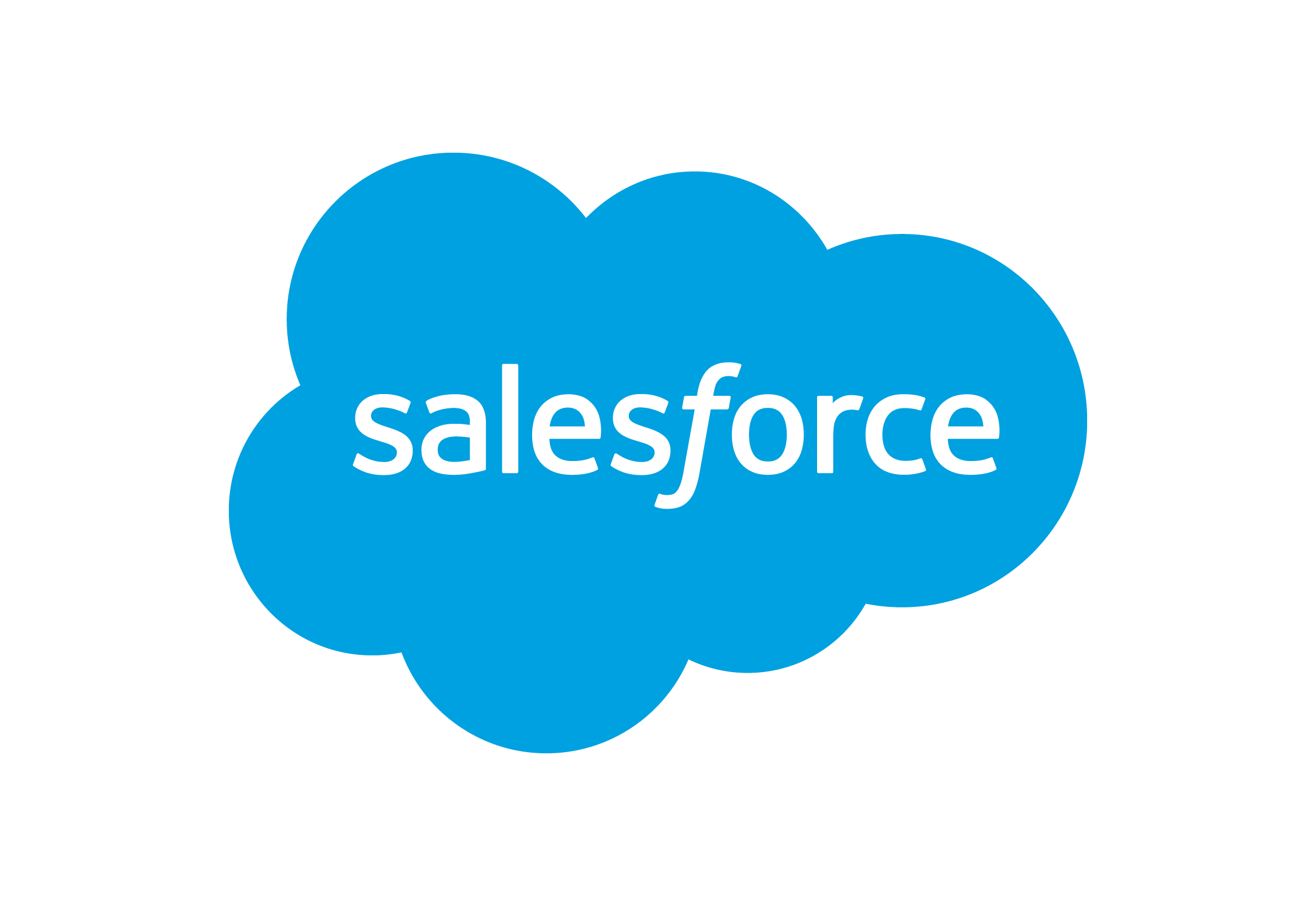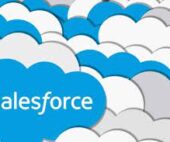The QuickBooks Salesforce integration syncs your QuickBooks customer list with Salesforce accounts. You can then view customer details, such as their open balance, sales history, credit limit, existing estimates, invoices, and sales orders, in Salesforce without having to launch QuickBooks Online Advanced.
Integrating QuickBooks with Salesforce gives full visibility into how your business is running and where it can be improved. Accounting software and CRM work together to share data between sales and accounting, including customer information, sales orders, expenses, and invoicing. Connecting with QuickBooks reduces duplicate data entry, increases productivity, and drives more insights for better forecasting.
With QuickBooks, accounting in Salesforce becomes easy. Seamless integration allows you to share financial data metrics with your sales team, so you can focus on what matters most and drive results. Even better, both QuickBooks and Salesforce are extremely scalable, allowing them to follow you as you grow. From small businesses to medium-sized organizations and even international corporations, learn how accounting and Salesforce go together with the QuickBooks integration below.
The recommended solution for QuickBooks integrations is MuleSoft, Salesforce’s integration and automation technology. MuleSoft provides a QuickBooks connector for MuleSoft Composer.
Learn how to connect your Salesforce and Quickbooks account and import opportunities.
In QuickBooks Online Advanced, you can automatically download Salesforce opportunities as estimates, invoices, or sales receipts.
Use the Salesforce Connector by QuickBooks app to connect your accounts. QuickBooks will start automatically downloading closed opportunities in Salesforce and create draft sales forms. All you have to do is approve the drafts to add them to QuickBooks. This speeds up the sales cycle and keeps all of your info organized. Here’s how to set everything up and get opportunities into QuickBooks.
Note: You may only have either Wholesale discount or Salesforce Connector by QuickBooks app enabled on your company.
Salesforce does not provide accounting services. While many accounting processes are used within Salesforce, small business owners must invest in native accounting software add-ons to better streamline their accounting processes. Salesforce is a CRM software platform that specializes in managing customer relationships by keeping track of sales, storing client contact information, and so forth. While some features touch on accounting, such as the ability to track sales or export data to spreadsheets, it doesn’t actually perform accounting.
Here are some things to keep in mind as you set up your custom mapping:
- The fields don’t need to match exactly. For example, if you already have a sales rep field in QuickBooks, you can map the opportunity owner name to it.
- A QuickBooks header field (like the customer field on an invoice) can only be mapped to a Salesforce header field. And a QuickBooks line item field (like product/service on an invoice) can only be mapped to a Salesforce line item field. (Note: if you use Salesforce Essentials, you will not be able to map line item fields.)
- One Salesforce field can be mapped to multiple QuickBooks fields. For example, a Salesforce name field could be mapped in QuickBooks to both a name and a description field.
- If you update the mapping, it will only affect drafts created after the map is updated. Existing drafts will use the original field mapping.
Having a CRM platform to enhance productivity, manage customer accounts, and improve workplace collaboration is essential. Salesforce CRM is one of the top CRM software, as it’s customizable, comes with a variety of features, and has a host of integrations. If your business uses Salesforce to track sales, having an accounting system that integrates seamlessly with Salesforce should be a top priority.
If you need assistance connecting your Salesforce instance with QuickBooks, contact Tectonic today.












